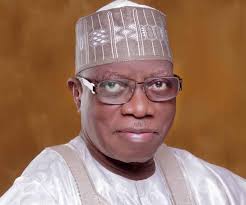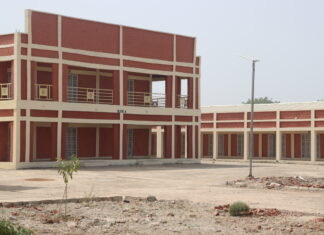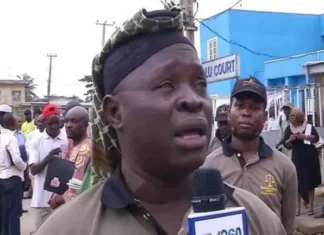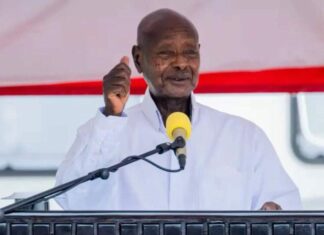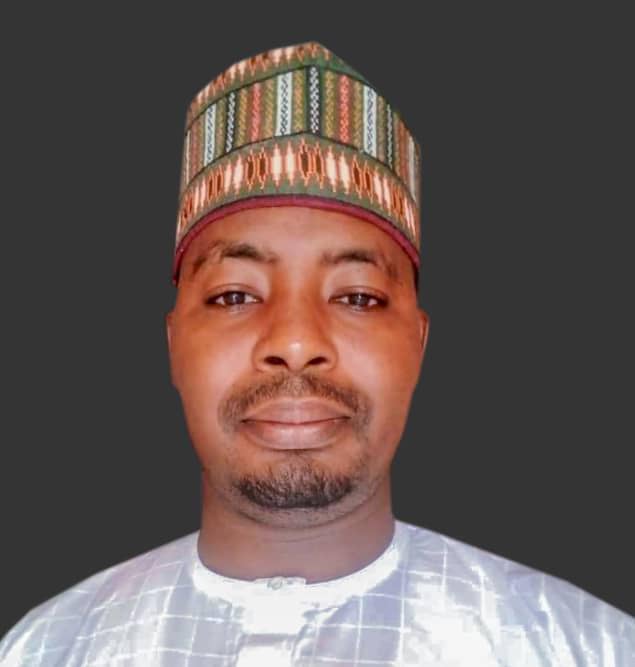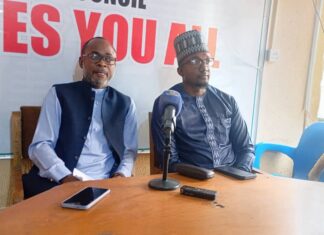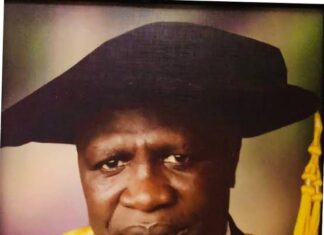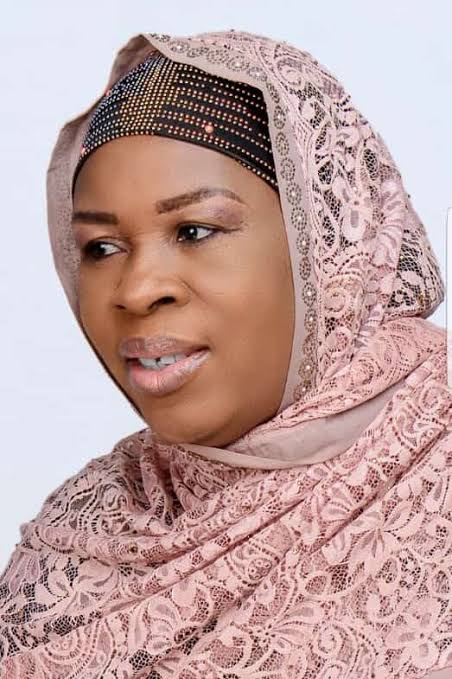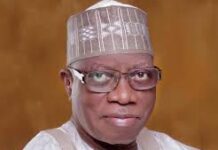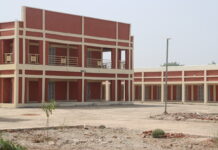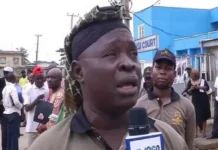Today, 13 February marks the day General Murtala Muhammed was assassinated just a few months into office.
General Murtala Muhammed (8 November 1938 – 13 February 1976) was a Nigerian political and military leader who was 4th Head of State of Nigeria from 1975 until his assassination in 1976.
Murtala Mohammed was born on November 8, 1938, in Kano to a Fulani ruling class family. His father, Muhammed Riskuwa, was from the Genawa clan, who had a history of Islamic jurisprudence as both his grandfather and great-grandfather held the title of chief Alkali of Kano.
His father was related to Aminu Kano, Inuwa Wada, and Aminu Wali. His mother, Uwani Rahamatu, was from the Jobawa clan, whose members included the Makama of Kano and Abdullahi Aliyu Sumaila.
Mohammed was educated at Cikin Gida Elementary School which was within the grounds of the emir’s palace, he then transferred to Gidan Makama primary school in Kano which was just outside the palace.
He then proceeded to Kano Middle School (now Rumfa College) in 1949 before attending the famous Government College (now known as Barewa College) in Zaria, where he obtained his school certificate in 1957. At Barewa College, Mohammed was a member of the Cadet Corps and was captain of shooting in his final year.
In 1957, he obtained a school leaving certificate and applied to join the Nigerian army later in 1958. He spent short training stints in Nigeria and Ghana and then was trained as an officer cadet at Sandhurst Royal Military Academy in England.
After his training, he was commissioned as a second lieutenant in 1961 and assigned to the Nigerian Army Signals that same year, later spending a short stint with the No. 3 Brigade Signals Troop in Congo.
In 1962, he became a part of the UN peacekeeping force and later, an aide-de-camp (ADC) to M. A. Majekodunmi, the administrator of the Western Region.
In 1963, he was appointed officer-in-charge of the First Brigade Signal Troop in Kaduna, Nigeria.
A year later, he was promoted to major and appointed officer-commanding, 1st Signal Squadron in Apapa, Lagos.
In 1965, he was appointed acting Chief of Signals of the Army. In 1966, he was promoted to Lieutenant Colonel and was the inspector of signals in Lagos.
During the Nigerian Civil War, Muhammed was General Officer Commanding (GOC) of the Nigerian Army’s 2nd Division, the division is credited with beating back the Biafran Army from the western region.
In 1971, he was elevated to Brigadier-general. Three years later, he became the Federal Commissioner for Communications under General Yakubu Gowon.
After the coup removing Gowon on the 29th July 1975, he took over as Head of State. As head of state, over 10, 000 public officials, charged many to court for malpractices, and fraudulent companies were sanctioned.
His tenure was shortlived because he was assassinated six months (February 13, 1976) into power.
President Buhari had described him as a man who exhibited “professional excellence, competence, straightforwardness and genuine interest and concern for up-and-coming officers like myself.”
Follow the Neptune Prime channel on WhatsApp:
Do you have breaking news, interview request, opinion, suggestion, or want your event covered? Email us at neptuneprime2233@gmail.com

